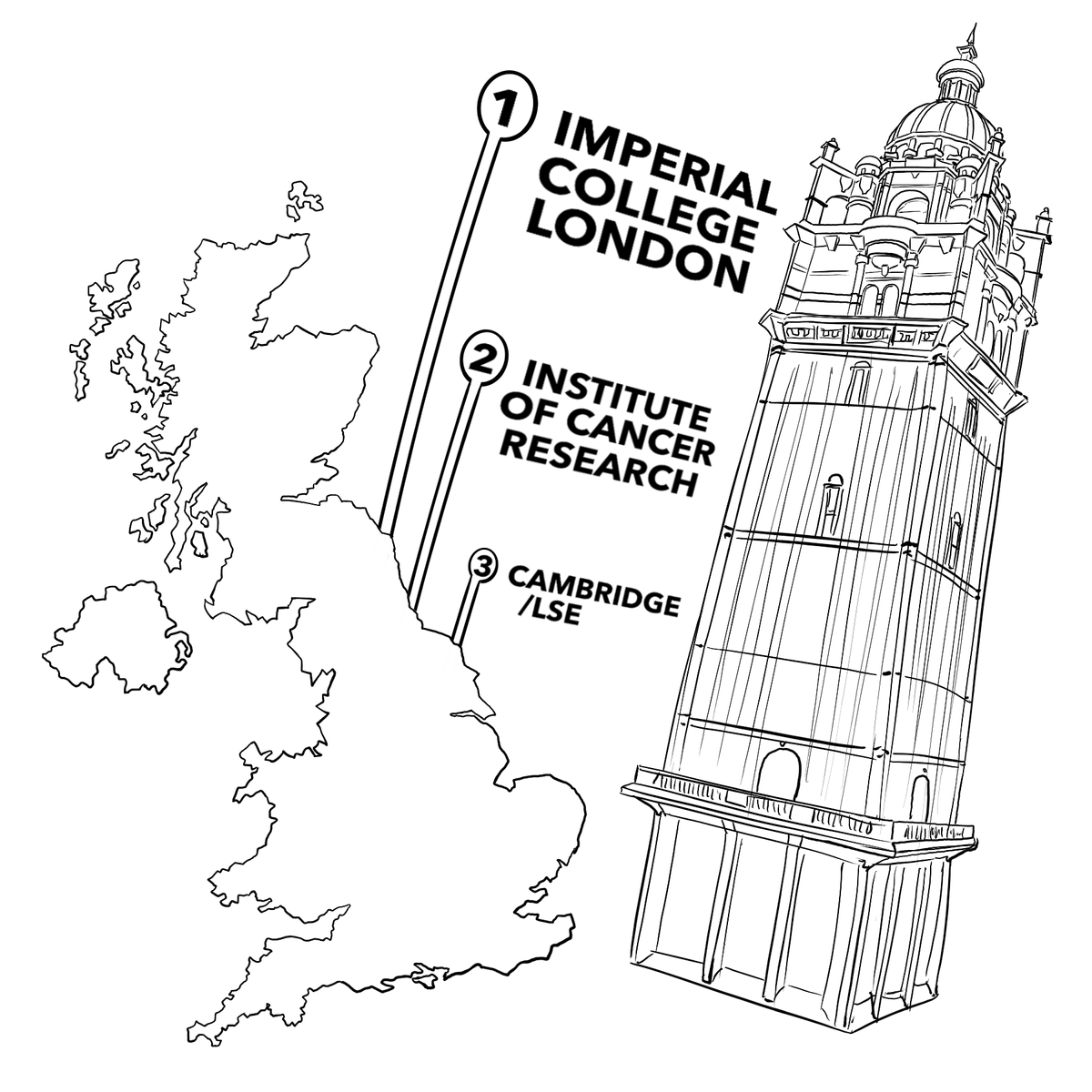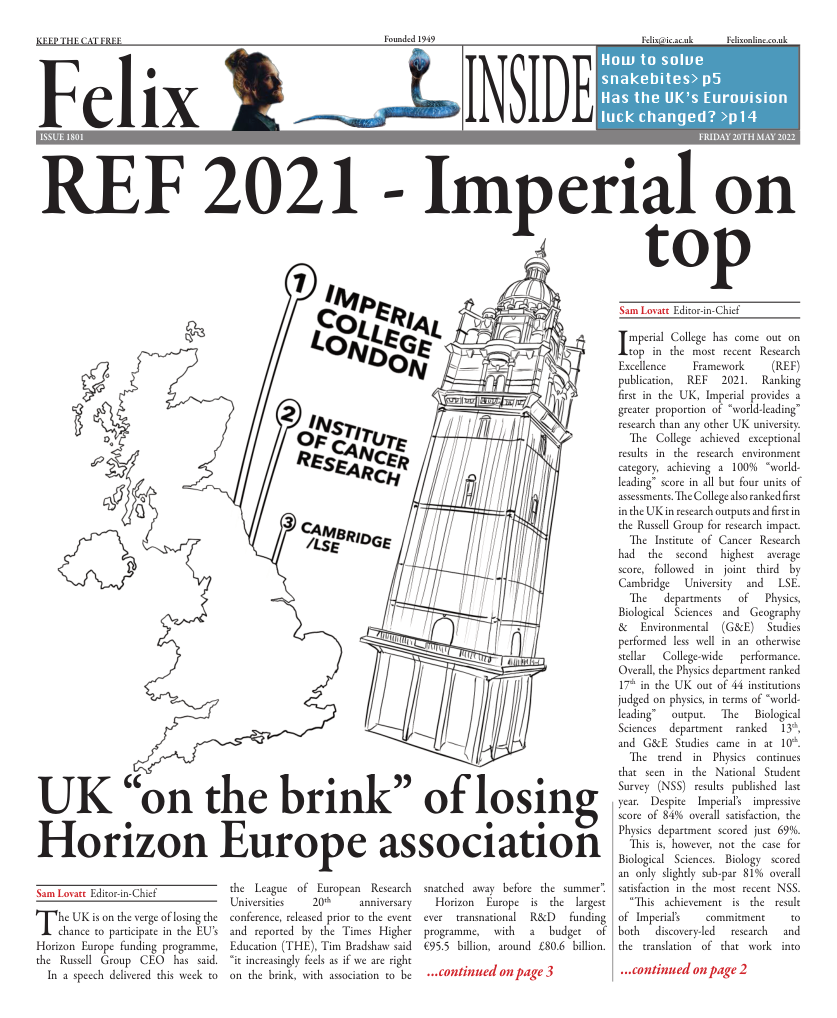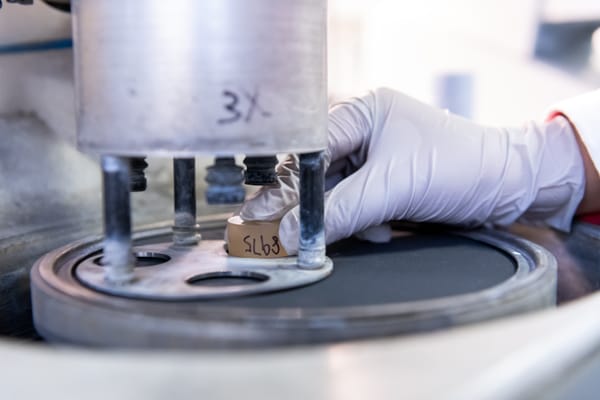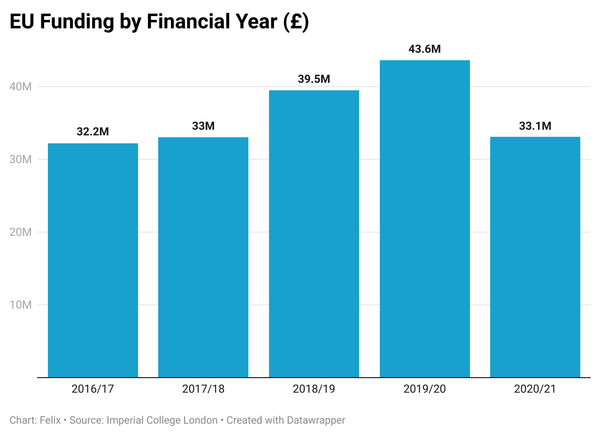REF 2021 - Imperial on top
Imperial College has come out on top in the most recent Research Excellence Framework (REF) publication, REF 2021.

Imperial College has come out on top in the most recent Research Excellence Framework (REF) publication, REF 2021. Ranking first in the UK, Imperial provides a greater proportion of “world-leading” research than any other UK university.
The College achieved exceptional results in the research environment category, achieving a 100% “world-leading” score in all but four units of assessments. The College also ranked first in the UK in research outputs and first in the Russell Group for research impact.
The Institute of Cancer Research had the second highest average score, followed in joint third by Cambridge University and LSE.
The departments of Physics, Biological Sciences and Geography & Environmental (G&E) Studies performed less well in an otherwise stellar College-wide performance. Overall, the Physics department ranked 17th in the UK out of 44 institutions judged on physics, in terms of “world-leading” output. The Biological Sciences department ranked 13th, and G&E Studies came in at 10th.
The trend in Physics continues that seen in the National Student Survey (NSS) results published last year. Despite Imperial’s impressive score of 84% overall satisfaction, the Physics department scored just 69%.
This is, however, not the case for Biological Sciences. Biology scored an only slightly sub-par 81% overall satisfaction in the most recent NSS.
“This achievement is the result of Imperial’s commitment to both discovery-led research and the translation of that work into tangible benefits for society” said Imperial on their news website.
College President Alice Gast said “These are outstanding results for Imperial. They confirm our position as a world class research university, and are testament to the spirit of innovation, collaboration and internationalism that runs through everything we do”.
Ian Wamsley said “Imperial is the best place in the UK for academics to pursue their research, and these REF results show that. We have created an environment that supports our researchers in tackling some of science’s deepest questions and some of society’s most urgent problems. Our research is stronger because of our collaborations – whether that’s across academic disciplines, institutions or international borders: we will always be a global institution”.
The REF was established in 2014 and replaced the Research Assessment Exercise. It takes place every six years and is carried out by the four UK higher education funding bodies: Research England, the Scottish Funding Council, the Higher Education Funding Council for Wales, and the Department for the Economy, Northern Ireland. The assessment has three purposes: To provide accountability for public investment in research; to provide benchmarking information and establish reputational yardsticks; to inform the selective allocation of funding for research.
An Imperial College London spokesperson said: “These are outstanding results for Imperial. They confirm our position as a world-class research university and are a testament to the hard work and brilliance of the entire Imperial community, and we are extremely proud of all our staff and students who have contributed to this achievement. The results have also highlighted areas where there is room for improvement and will provide a focus for us to continue to build on what we have achieved.” The College did not respond to Felix’s questions on the disparity between the aforementioned poorly performing departments and the wider College.
REF’s methodology has received criticism in the past, and the announcement of the REF 2021 results has brought it in fresh waves. Sociologist Martyn Hammersley wrote on the Times Higher Education website this Monday an article titled ‘The REF is an exercise in fantasy accountancy and management’. In the piece he says ‘measuring the quality of individual research products in the REF cannot have high accuracy because the concept is unavoidably fuzzy’.
The College also recently earned praise from the non-profit Understanding Animal Research for its openness surrounding research involving animals, earning Leader in Openness status from 2022-24. Animal research statistics can be found in granular detail on the College’s website, and researchers working with animals started the Animal Research@Imperial podcast in 2020.









